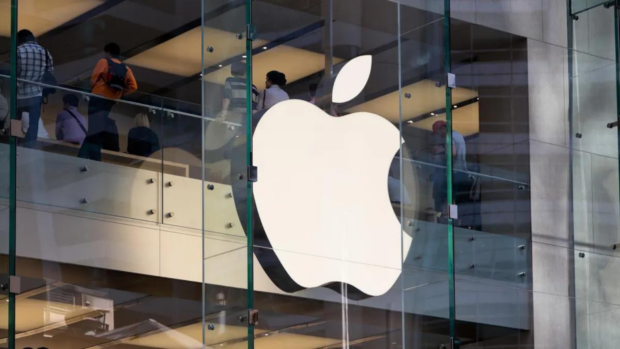
Apple has announced major changes to its services in Europe that will allow iPhone users to download alternative app stores for the first time, as the US tech giant yields to new EU antitrust regulations.
The overhaul, which will take place in March when the European Union’s sweeping Digital Markets Act comes into force, will curtail the dominance of the App Store, which has been a mainstay of the iPhone since 2008.
Users will for the first time be able to download software from outside the App Store and they will be given new options to process payments.
Other changes include giving users the option to download an alternative web browser when they first open Safari in the latest version of the iOS operating system.
Until now, users had to go into the settings to change the default browser.
In its announcement on Thursday, Apple said the Digital Markets Act has created “privacy and security risks” and that the company is installing safeguards to reduce them.
Apple said the new options for processing payments and downloading apps “open new avenues for malware, fraud and scams, illicit and harmful content”.
“Even with these safeguards in place, many risks remain,” it said.
“The changes we’re announcing today comply with the Digital Markets Act’s requirements in the European Union, while helping to protect EU users from the unavoidable increased privacy and security threats this regulation brings,” said Apple’s Phil Schiller, who leads the App Store.
The EU has bolstered its legal armoury to rein in Big Tech, with stricter rules to protect European users online and to boost competition in an industry dominated by US giants such as Apple, Amazon, Google, Microsoft and Meta, which owns Facebook and Instagram.
Companies found infringing the Digital Markets Act expose themselves to fines that could reach as high as 20 percent of their global turnover, or even orders to be broken up in serious cases.
Meta and Chinese-owned TikTok have launched legal challenges to the law.